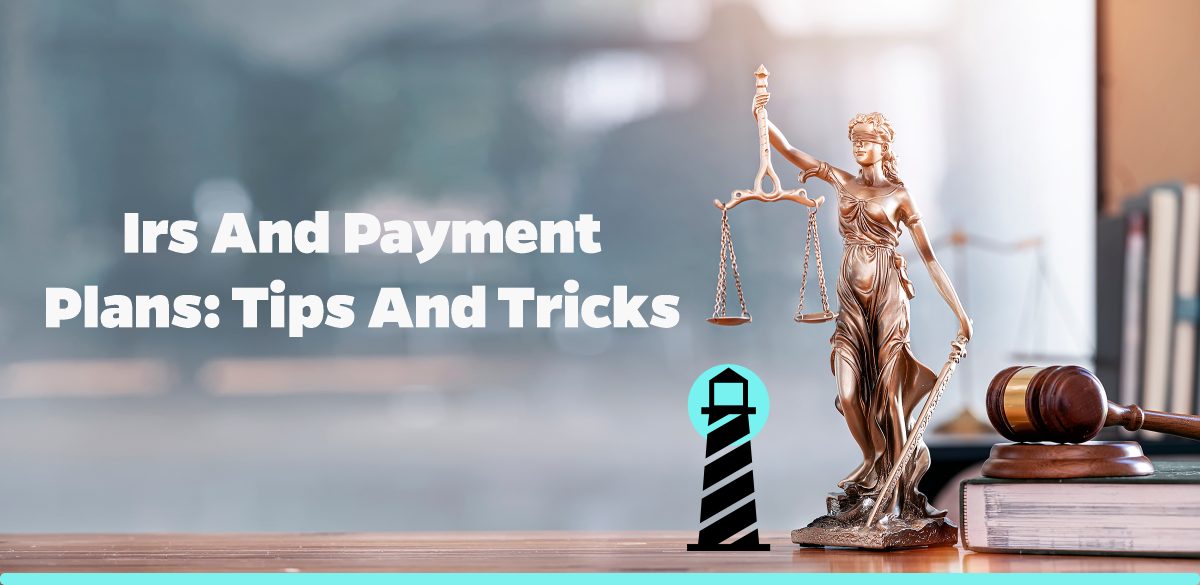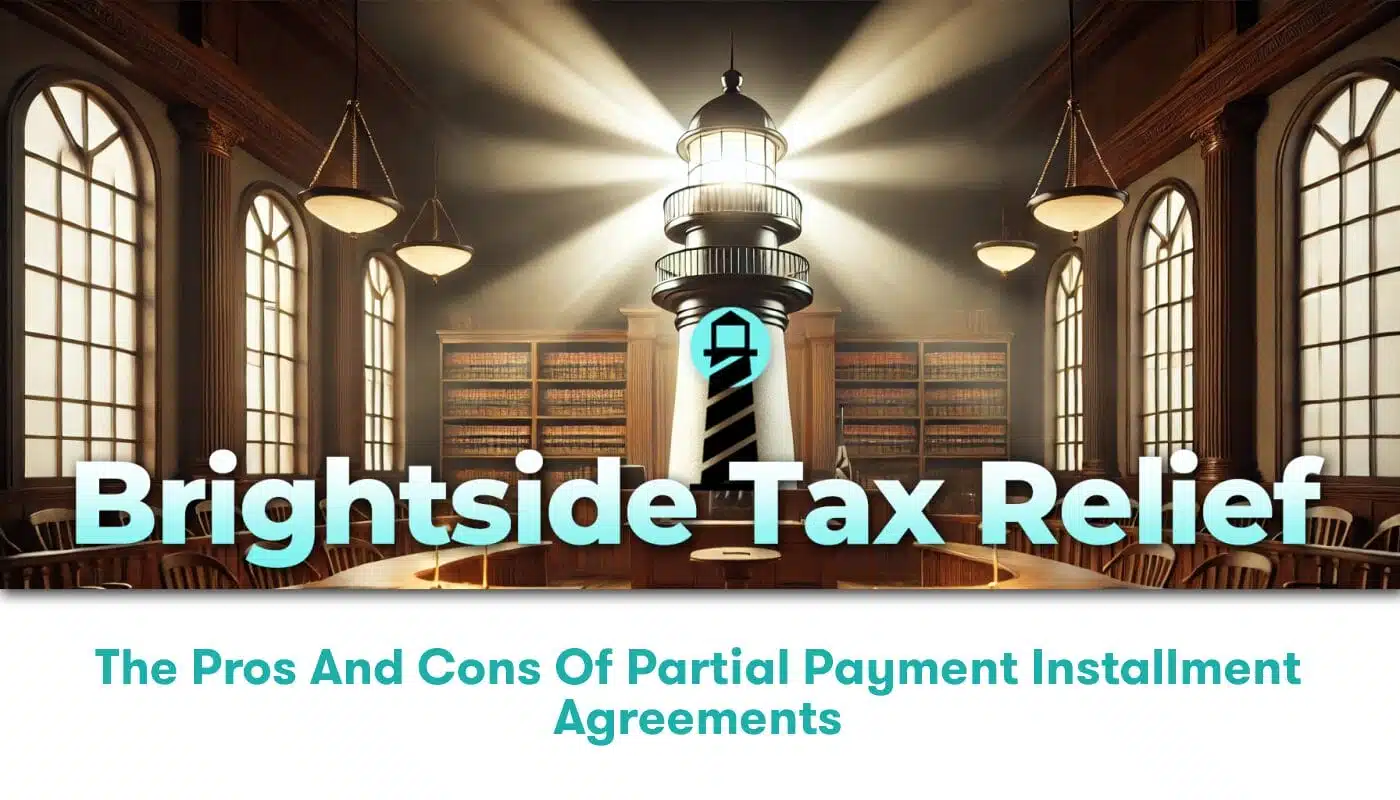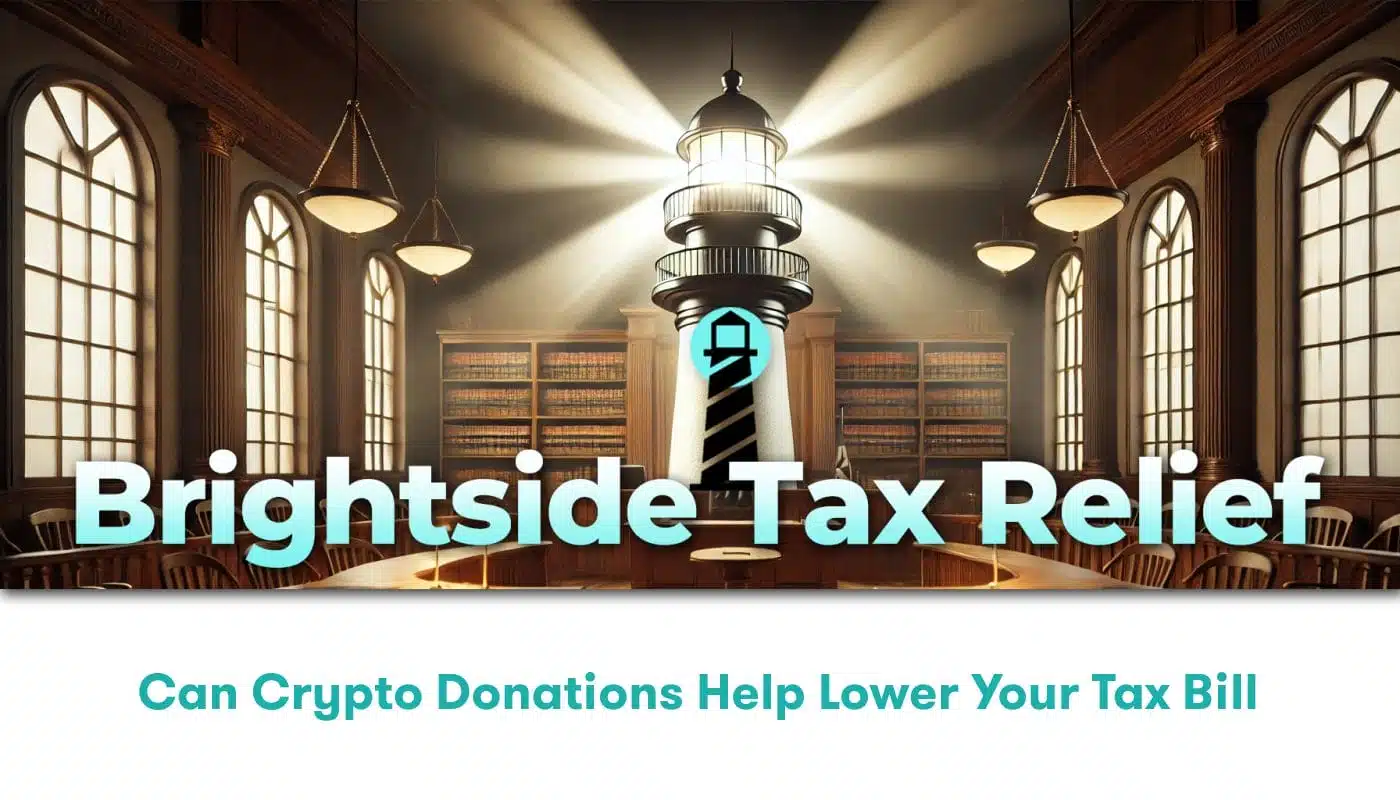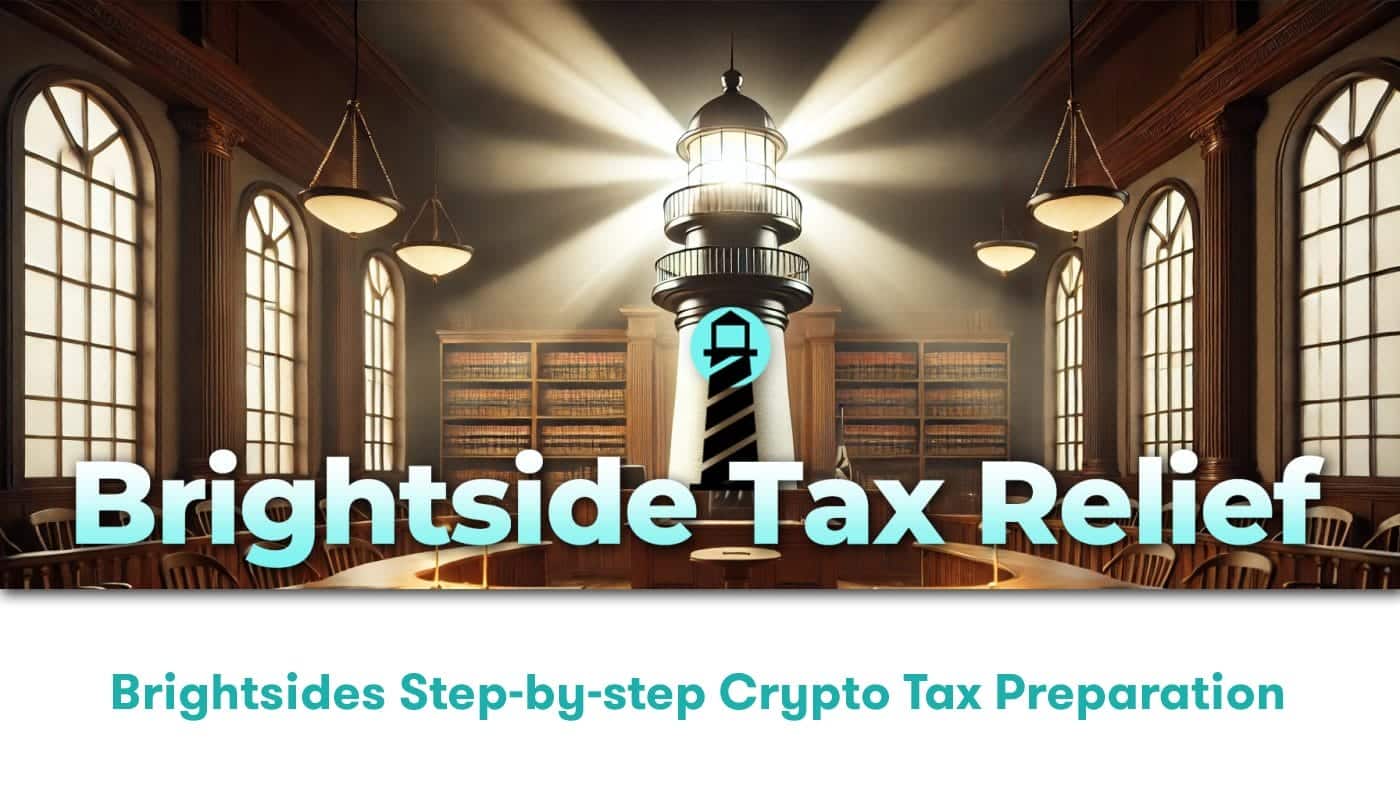The Importance of Knowing the IRS and Payment Plans
If there’s one essential understanding for individuals and businesses, it’s the tax code, specifically the intricacies surrounding the Internal Revenue Service (IRS) and payment plans. Knowledge of such can drastically reduce the burden of taxation on your finance, especially in times of financial hardship. When you lack the ability to pay your tax bill in full, knowing how to navigate through IRS and payment plans is a necessary lifesaver. Brightside Tax Relief brings you this comprehensive guide chock-full with tips and tricks to smoothly negotiate with the IRS.
Decoding the IRS and Payment Plans
When you find yourself incapable of paying your tax debts outright, the IRS offers different payment options: Installment Agreements, Short-Term Payment Plans, and Long-Term Payment Plans. These arrangements ensure minimal financial disruption while allowing taxpayers to settle their tax debts over some time. However, the terms and conditions vary depending on the amount owed and your specific circumstances.
Understanding Different Payment Plans
Installment Agreements: This is an arrangement for taxpayers to pay their unpaid taxes in monthly installments over six years. The IRS offers four types of installment agreements: Guaranteed, Streamlined, Partial Payment, and Non-Streamlined.
Short-Term Payment Plans: For those who can pay within 120 days, the IRS offers short-term payment plans. This option doesn’t generally incur any additional fees, however, interest and penalties may apply until the tax debt is paid in full.
Long-Term or Installment Payment Plans: For taxpayers needing more than 120 days to pay their tax bill, the IRS offers long-term payment plans, also known as installment agreements. Remember, applicable setup fees, penalties, and interest can accrue over the duration of the payment plan.
Keys to Successfully Navigate IRS and Payment Plans
To avoid unnecessary stress and penalties, follow these tips when setting up and managing your IRS payment plan:
Reach Out Early: As soon as you realize that you can’t pay your tax debts in full, contact the IRS. This demonstration of an initiative can help avoid additional fees and penalties.
Choose the Right Payment Plan: Understand your financial situation thoroughly before selecting a payment plan. Missing payments on an installment agreement can result in severe consequences, so it’s crucial to commit to a plan you can sustain.
Stay Compliant: Once you’re on a payment plan, ensure you remain compliant with all tax obligations, including filing future tax returns on time.
Exploiting the Online Payment Agreement Tool
The IRS gives taxpayers an option to apply for a payment plan online via the Online Payment Agreement Tool. You’ll need to have filed all your tax returns before you can use this tool. This application process is quicker, more convenient and secure. Check out this link on the IRS’s official website for more information – IRS and Payment Plans.
Tying Into Tax Professionals
Financial dealings with the IRS can be intimidating. Thus, having a qualified tax professional by your side remains invaluable. Tax professionals can help you understand your options, evaluate which plan fits your situation, and represent you in dealing with the IRS.
Reducing Tax Debts Through Offer in Compromise
In certain circumstances, you might be able to settle your tax debts for less than the full amount through an Offer in Compromise (OIC). However, the IRS only accepts OICs if they believe that they will not be able to collect the full amount owed, based on your income and assets.
IRS and Payment Plans: A Lifeline
Few feelings can compare to the sinking realization that you cannot pay your tax bill. However, by smartly navigating IRS Payment Plans, you can manage your tax debts without plunging your financial situation into chaos. Time is of the essence, so acting early and seeking professional help can save you stress, penalties, and potentially, money. Remember, the IRS is not an adversary. They offer various solution-oriented plans to ensure tax liabilities don’t disrupt your financial equilibrium excessively.






